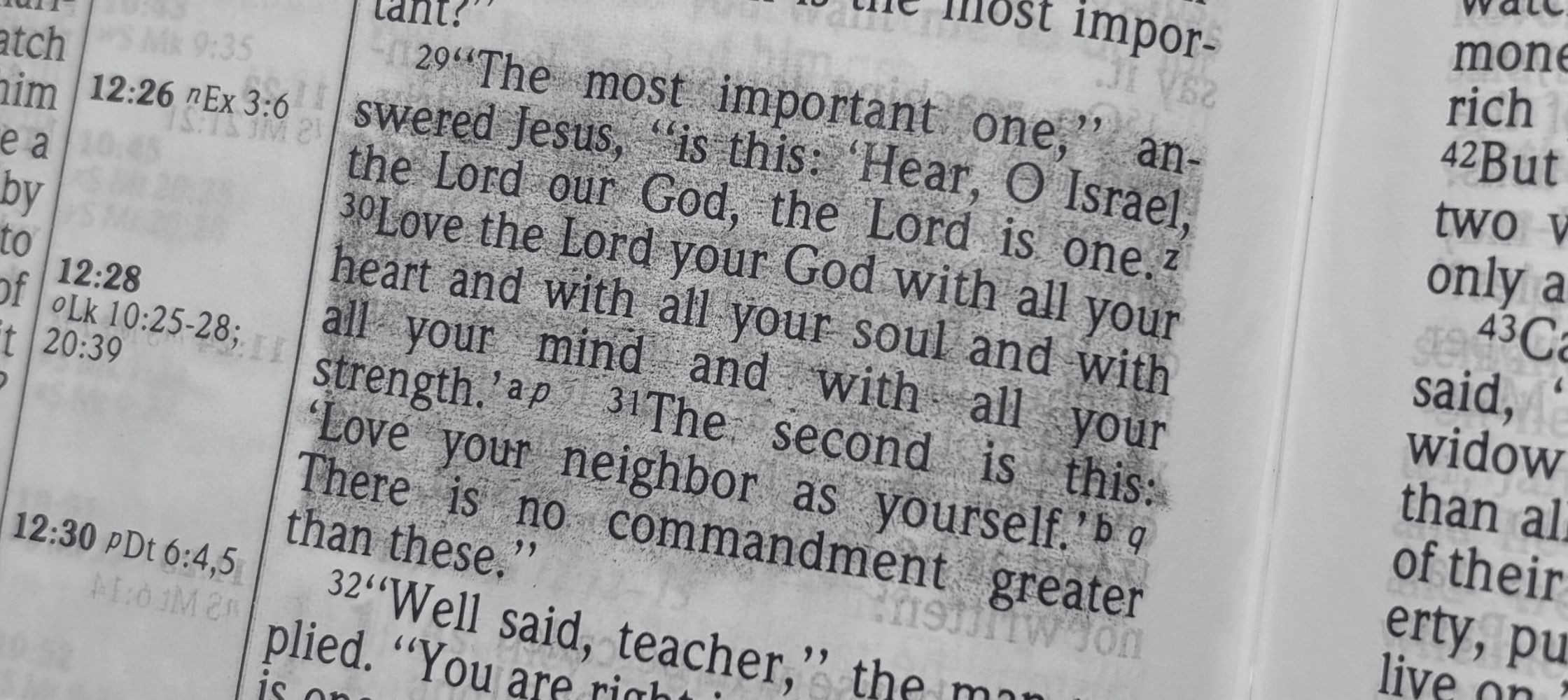Thank you! Your submission has been received!
Oops! Something went wrong while submitting the form.

By: Robert E. Zink
May 23, 2024
The call to be a missionary is a unique call, and because it is a distinctive call, it necessitates unique actions from the church. On the field, missionaries contend with concentrated scrutiny as outsiders while facing challenges that are intensified by the presence of fewer believers (especially in the initial stages). The circumstances of missions, then, compel a special care of missionaries.
According to the New Testament, God's design is that the Christian life revolves around the local church. This premise leads us to the conclusion that the local church is the one that sends out missionaries. The implication of that conclusion is that the local church, then, is responsible for the missionary's care, direction, and accountability. Complicating this relationship is the fact that missionaries are often supported by both an organization and multiple churches, which means they are accountable to various people. The challenge for churches is how to care for and oversee their missionaries without distracting from their ministry on the field or conflicting with the direction of others (especially with those who have primary influence over them, such as their home church).
With those details noted, the special care you have with your missionaries begins with the conversations you have with your missionaries. A well-directed conversation will reveal specifics about how to care for missionaries, the types of direction that they may need, and the necessary areas of accountability. Therefore, there are three conversations you should have with your missionaries.
The first conversation to have is what I call a conversation of discipleship. I approach discipleship meetings with a picture of a triangle in my mind, each point represented by the words upward (relationship with God), inward (relationship with the church), and outward (relationship with unbelievers). As I spend time with a person, I begin to form an evaluation of the person, utilizing those areas in the form of a triangle. The ideal is an equal triangle and one that is not equal points to areas of needed growth at that moment. In our current vernacular, a conversation of discipleship commences simply with the question, "How are you?" However, the broadness and perceived superficiality of that question make it hard to get to the real issues. Instead, consider some of the following questions:
Another great way to converse with someone is to look at the beatitudes of Matthew 5:3-12 and use those to guide your conversation (such as asking in what relationships is there a lack of peace and how are you pursuing peace?).
The conversation of discipleship is a means to see how your missionaries are doing and offer support, counsel, and encouragement as needed.
The second conversation to have with your missionaries is one of discipline. Such a conversation is not necessarily meant to be formal but a time of offering correction and wisdom as needed, building from what Paul tells the Galatians when he says: Brothers, if anyone is caught in any transgression, you who are spiritual should restore him in a spirit of gentleness.~ Galatians 6:1
Paul is not the only one to teach this principle, but James affirms it in 5:16-20, underscoring the importance of this in the Christian life. Noting its significance for all Christians, it makes sense we carry this over into the lives of our missionaries as well. Much of the conversation of discipline will be guided by the conversation of discipleship. Based on what is revealed in that discussion, there may be areas of follow-up and focus. For example, having conversations about areas of personal struggle or asking what causes the missionary frustration (whether in the home or outside of it). Let me reiterate: This conversation is not necessarily a means of formal discipline but of promoting personal sanctification.
Finally, I urge you to have what I will call a conversation of devotion. The uniqueness of the missionary call means those on the field are bearing burdens of ministry and sometimes with less support than someone in an established ministry. In those cases, we are not merely there to provide direction, discipline, and discipleship. The Lord calls on the body of Christ to carry the burdens of one another (Galatians 6:2), and your relationship with your missionaries is an opportunity to carry their burdens with them. The conversation of devotion is meant to be an opportunity to express your love and compassion for them. Use this time to learn about specific areas they need help in or some meaningful actions you can take that not only express love but encourage and exhort them. Doing just that means spending time with your missionaries, understanding them and their ministry, and responding appropriately. A conversation of devotion is intended to lead to acts of devotion.
Time zones and distances create barriers that prevent churches from caring for their missionaries in the same way as they would a typical church member who is local and in the church every week. At the same time, neither do we want those barriers to lead to the neglect of our missionaries either. To that end, I would tell you that care begins with a conversation, conversations that are both intentional and thoughtful. So, let me urge you to have conversations with your missionaries, conversations of discipleship, conversations of discipline, and conversation of devotion
